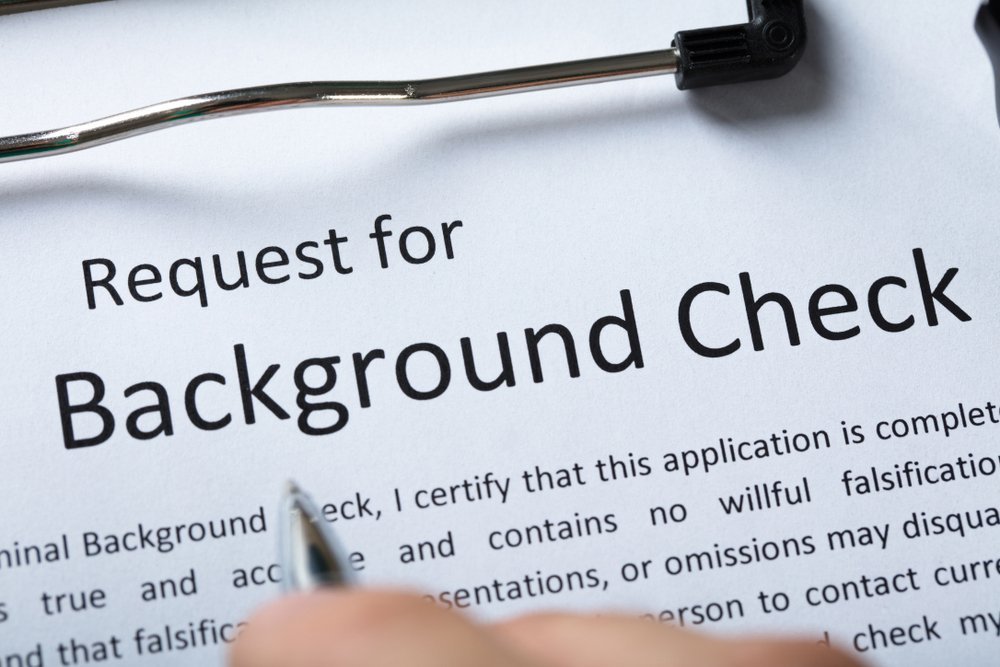The Baseline Personnel Security Standard (BPSS) is a set of government checks mostly for members of the civil service. It’s also for the military, government contractors, and everyone who will have access to government material.
This post aims to give some advice on
-What the Baseline Personnel Security Standard really is
-Compliance with requirements for organisations that have access to Personal Securities Network (PSN) services
-The benefits of including the BPSS requirements for your company’s own employment screening policy
-The necessity of vetting existing staff – not just conducting pre-employment screening
BPSS was first introduced in 2006, replacing Basic Checks. Anyone who wants to access the Public Securities Network needs it. However, it is also required – as government guidance lays out – for work that uses UK official assets or has occasional access to secret assets. It’s also for people who work in places where they may overhear secret/top secret information.
In recent years there has been a large rise in the demand for BPSS checks. This is due to the government making it mandatory for all users of PSN services or data in 2013, PSN email in 2014, and the entirety of PSN services in 2015.
Higher-level checks
I mentioned above that BPSS checks may permit someone to work in an area where they might overhear secret information. Nonetheless, this does not mean it is the only check required for complete access to secret projects. There’s no way around needing formal security clearance for that.
As suggested by the word ‘Baseline’, BPSS is the lowest of the government’s 4 levels of security clearance. Higher-level checks, such as the Counter-Terrorist Check (CTC), Security Check (SC) or the Developed Vetting (DV) check require it as a baseline.
What are the main purposes of BPSS checks?
The government guidance states that the BPSS’s purpose is a precautionary measure, which can:
“confirm the identity of individuals (employees and contractors) and provide a level of assurance as to their trustworthiness, integrity and reliability.”
In other words, the aim is is to reduce risk. This could be through finding people involved in illegal activities, unearthing unspent criminal convictions or identifying CV or qualification fraud. As we’ve discussed in another post, CV fraud in particular comes up all the time.
Speaking in larger-scale terms, the core purpose of the BPSS is to protect national security.
What does the check entail?
The BPSS check can be broken down into 4 portions, each of which must be confirmed:
-Identity: ID Data check (electronic authentication of identity – name, address, links, aliases, accounts, etc.)
-Right to Work: Verification of Nationality, ID documentation, and Immigration status (if relevant)
-Criminal records: Checks for unspent convictions (Basic Disclosure)
-Employment checks: Verification of at least the last 3 years of employment activity
In order to try and stop illegal migrants working in the UK, any organisation (even the Civil service) that carries out a BPSS check must comply with the Immigration, Asylum and Nationality Act 2006. On the other side, potential employees must provide a reasonable account of any periods greater than 6 months spent abroad in the last 3 years.
HR generally carries out BPSS checks – the candidate don’t have to. However, the government advises that HR works together with security units and legal advisers where possible.
Developments
It’s becoming as common for companies to screen contractors to the same level as they would employees. When contractors have the same level of access to an organisation’s information, it’s easy to see why more companies are beginning to recognise the importance of this screening.
The trend for increased recognition of background screening importance has only been gaining momentum. More companies are requesting more robust pre-employment checks. This includes copying the 4 standards of the BPSS and focusing on continued checks, rather than a single screening.
Security check demand increasing
Following on from this, the demand for security screening, and in particular the BPSS, has been steadily increasing. Many employers regard compliance as a primary consideration. As such, perhaps this increase in demand is natural.
Regarding continuous screening, we are beginning to see technologies that let companies go beyond pre-employment screening. Moreover, these can allow for re-screening, to actual real-time monitoring of employees for the warning signals of illegal conduct. For some, this may seem like an invasion of privacy. On the other hand, an employer will want to know who is working for them throughout their relationship – not just at the time of hiring. After all, a current employee can commit a crime just as easily as they could before they were hired.
This is particularly important in some industries. In 2019, Uber announced plans for the ongoing monitoring of arrest and conviction data of their drivers.
Credence’s services
BPSS checks are a core part of Credence’s business, and we have many years of expertise carrying out these checks thoroughly, handling sensitive information with the utmost care, and complying with every necessary regulation. In the past, you may have found carrying out these checks complex and difficult, but Credence’s portal simplifies the input of data, and then you simply need to wait for your completed report. If you have any questions, staff are always on hand to help out – we aren’t a call centre and pride ourselves on our customer service. Here’s our page on our BPSS checks, or you can reach out to us for more information here.


